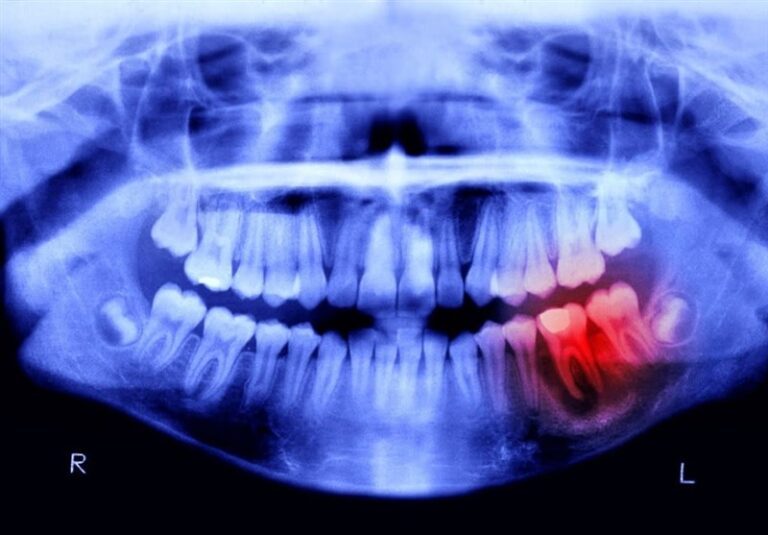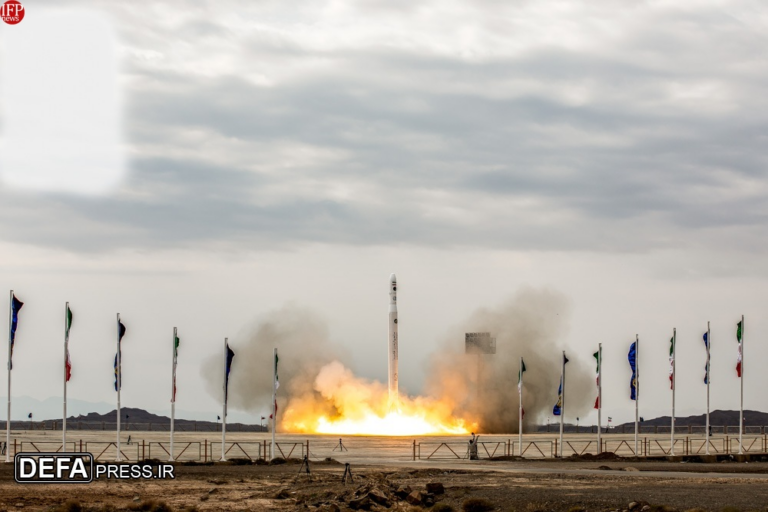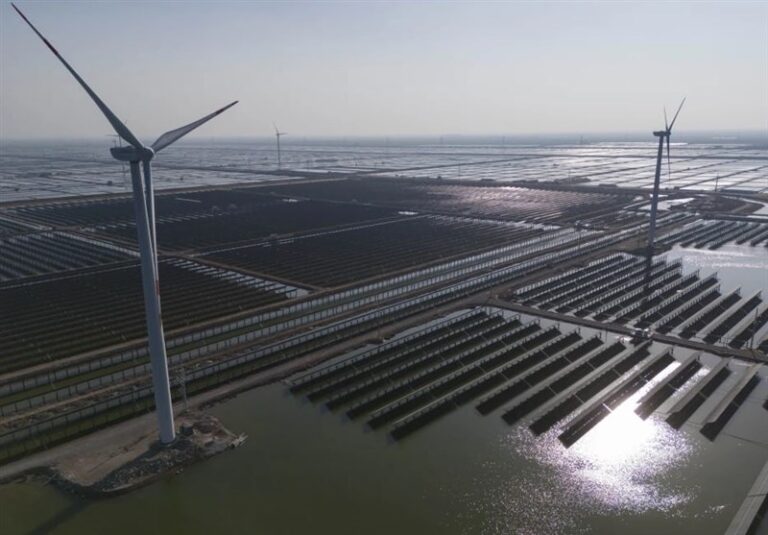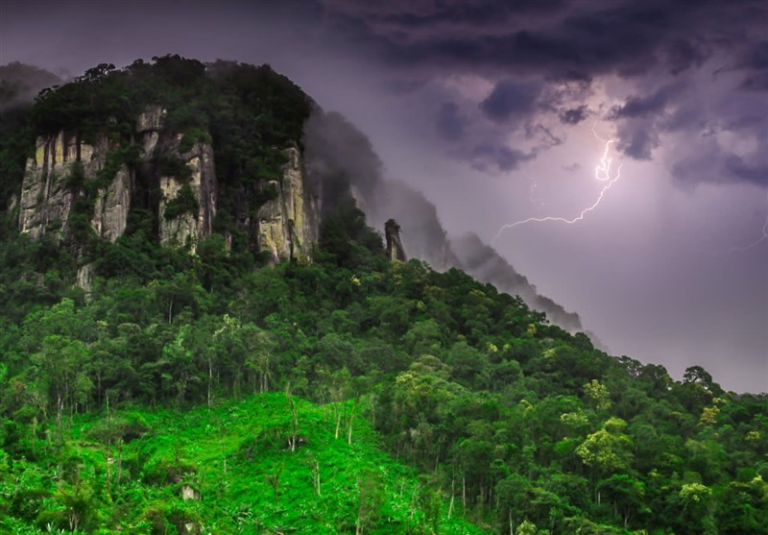
Similar Posts

Revolutionary Tooth-Regrowing Drug Enters Human Trials: A Breakthrough in Dental Science!
Japanese researchers have initiated groundbreaking human trials for an experimental drug designed to regrow teeth, marking a major advancement in dental medicine. Launched in September 2024, the trial involves 30 male participants aged 30 to 64, all missing at least one tooth. The treatment targets the Uterine Sensitization–Associated Gene-1 (USAG-1), which inhibits tooth development. Previous animal studies showed promising results without adverse effects. If successful, the treatment could expand to children by 2030, potentially transforming dental care for tooth loss, which currently lacks permanent solutions. Researchers aim to redefine dental health and improve outcomes globally.

Iran Set to Launch Local Satellite: Space Agency Chief Announces Exciting Reveal in Weeks!
Iran will unveil its latest local sensing satellite, Pars 2, in early February, coinciding with the anniversary of the Islamic Revolution. With color imaging accuracy of 4 meters and black-and-white capabilities at 8 meters, Pars 2 represents a significant advancement from its predecessor, Pars 1. Hassan Salariyeh, Head of Iran’s Space Agency, noted that these satellites are part of a broader initiative to improve satellite technology, with plans for Pars 3, aiming for less than 2 meters accuracy. The data from these satellites will enhance various sectors, including industry, agriculture, and environmental monitoring, contributing to Iran’s economic growth and regional space presence.

China’s 2024 Breakthrough: Unprecedented Growth in Wind and Solar Energy Expansion
In 2024, China achieved a remarkable 357 gigawatts of new wind and solar power installations, surpassing its 2030 renewable energy target six years early. This growth includes a 45% increase in solar capacity and an 18% rise in wind capacity. While China leads in renewable energy development and manufacturing, producing key components like batteries and solar panels, it remains the largest global carbon emitter, heavily reliant on coal. Despite a slight decline in emissions recently, experts warn against premature conclusions. The contrast with U.S. policies highlights differing approaches to clean energy, with China poised to lead the global energy transition.

Panama’s Lightning-Powered Tree Species: Nature’s Ultimate Rival Eliminator!
A study published in New Phytologist reveals that the tonka bean tree (Dipteryx oleifera) in Panama’s lowland rainforest thrives after lightning strikes, unlike surrounding vegetation that suffers damage. Researchers found that this tree shows minimal damage from lightning due to its high internal conductivity, allowing strikes to pass through safely. Lightning enhances the tree’s seed production by up to 14 times and contributes to significant biomass loss in nearby plants. The research, involving nearly 100 monitored lightning strikes, suggests resilience that may apply to other ecosystems, prompting future studies in Africa and Southeast Asia on similar adaptations.

Apple Hits Pause on AI News Alerts Amid Rising Complaints Over Inaccuracies
Apple has suspended its AI news summarization feature due to significant backlash over inaccuracies, including a false report about a murder suspect’s death. Major media outlets criticized the feature, which was designed to streamline notifications for users but generated misleading alerts. Following the outcry, an Apple spokesperson announced that they are working on improvements before a potential reintroduction. The feature, initially launched in the UK, will no longer be available for news and entertainment apps in the latest software updates. This decision highlights the tension between technological innovation and the ethical responsibilities of tech companies in delivering accurate information.

Iran Introduces AI Curriculum in Schools Starting Next Academic Year!
Iran’s Vice President for Science, Technology, and Knowledge-based Economy, Hossein Afshin, announced an initiative to teach artificial intelligence (AI) to one million students aged 7 to 15 starting next school year. The program will utilize game-oriented teaching methods to make AI education engaging and practical, focusing on real-world applications. By fostering a competitive and creative learning environment, the initiative aims to enhance students’ understanding of technology and prepare them for a future reliant on AI. This commitment reflects Iran’s intent to invest in science and technology, positioning its younger generation for success in a rapidly evolving job market.